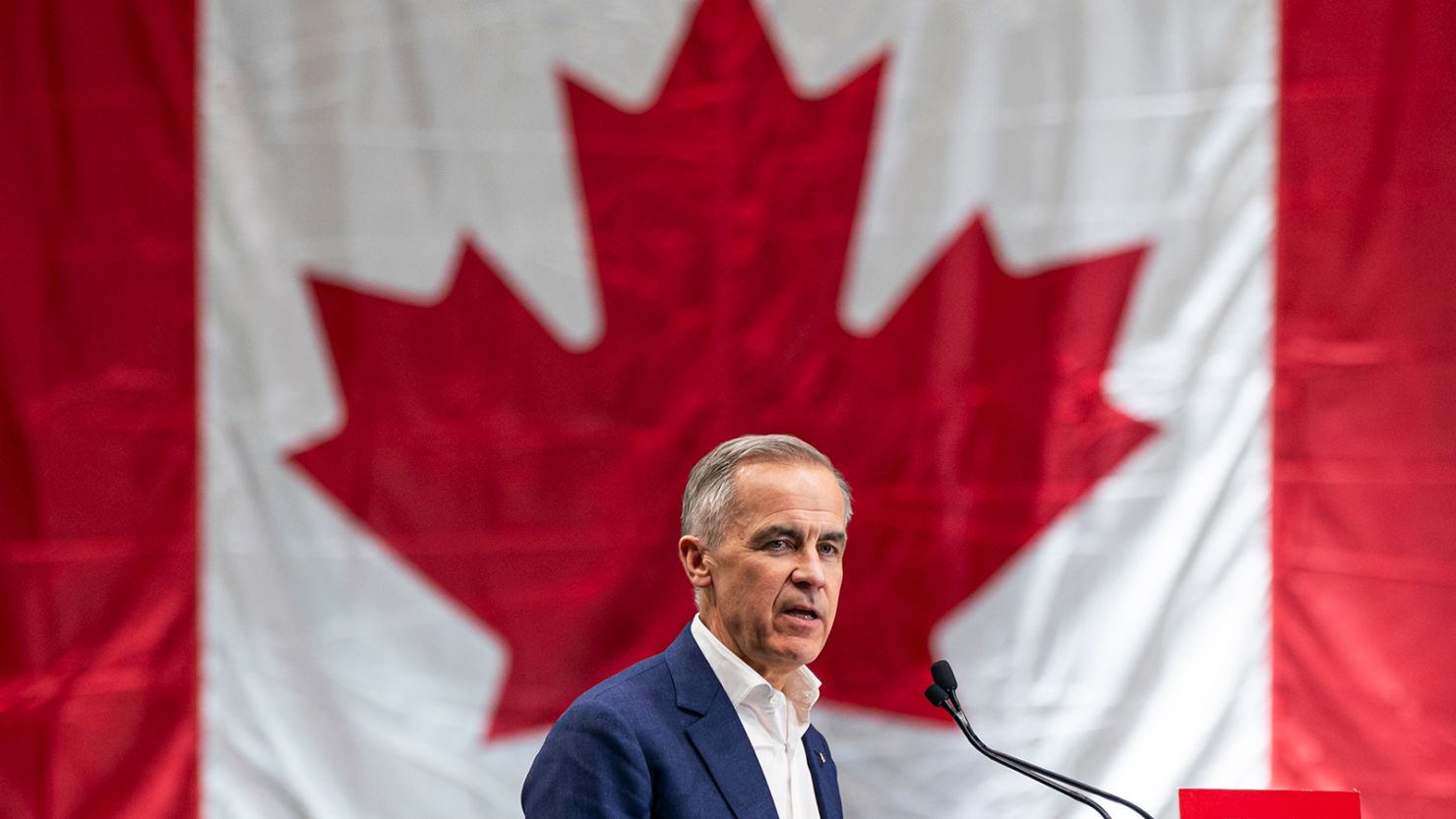Prime Minister Mark Carney secured victory in Canada’s election on Monday, leading the Liberal Party to another term in office. Local media outlets, including CBC, projected that the Liberals would form the next government, though it remained uncertain if they would secure a majority in parliament.
Carney, who only took office as prime minister last month after Justin Trudeau’s resignation, won over voters with his experience handling economic crises, particularly in light of escalating tensions with the United States under President Donald Trump. Throughout the campaign, Carney emphasized his global financial expertise, gained from his tenure as the governor of central banks in both Britain and Canada. He campaigned strongly on an anti-Trump message, portraying the U.S. president as a threat to Canadian sovereignty.
Carney criticized Trump’s trade war and his repeated threats to annex Canada, calling them attempts to undermine Canada’s independence. “Donald Trump wants to break us so America can own us,” Carney said during his campaign, vowing to defend the nation’s resources, water, and land.
The Conservative Party, led by Pierre Poilievre, fell short of taking the prime ministership, but they are set to form a strong opposition in parliament. Poilievre’s strategy of focusing on domestic issues and critiquing Carney’s ties to the Liberal Party failed to persuade enough voters, especially with the increasing threat from Trump.
READ MORE: Gold Prices Drop by Rs. 1,600, Silver Rates Remain Unchanged
Carney’s victory marked a dramatic turnaround in Canadian politics, especially following Trudeau’s resignation earlier in the year. When Trudeau announced his departure, the Conservatives led the Liberals by more than 20 points in polls, fueled by voter dissatisfaction with rising costs. However, Carney’s entry into the race and his stance against Trump shifted the political dynamic, leading to his success.
Liberal supporter Dorothy Goubault, 72, expressed optimism that Carney’s background as a businessman would enable him to handle Trump effectively, as both are seen as business-minded individuals. Goubault was confident that Trump’s mockery of Canada, calling it the “51st state,” would now cease.
Steven Guilbeault, a Liberal lawmaker, tied the outcome to the heightened anti-Trump sentiment among Canadians. “The numerous attacks by President Trump on the Canadian economy… have really mobilized Canadians,” he said, crediting Carney’s experience on the world stage as a key factor in the win.
Carney’s victory also marked a significant departure from Trudeau’s leadership, which was marked by controversies such as the carbon tax. Carney distanced himself from Trudeau throughout the campaign, positioning himself as a fresh option with a more focused approach to economic growth.
For Poilievre, the defeat was a major setback. Despite his criticism of Carney and the Liberal Party’s governance, he was unable to win over enough voters, particularly with the shadow of Trump looming large in the campaign.
Canada’s election saw nearly 29 million eligible voters, with a record 7.3 million casting advanced ballots. While results were still pending regarding the final seat distribution in Canada’s 343-member parliament, the Liberals had previously governed with a minority since 2019 and were now hoping to secure a majority.



